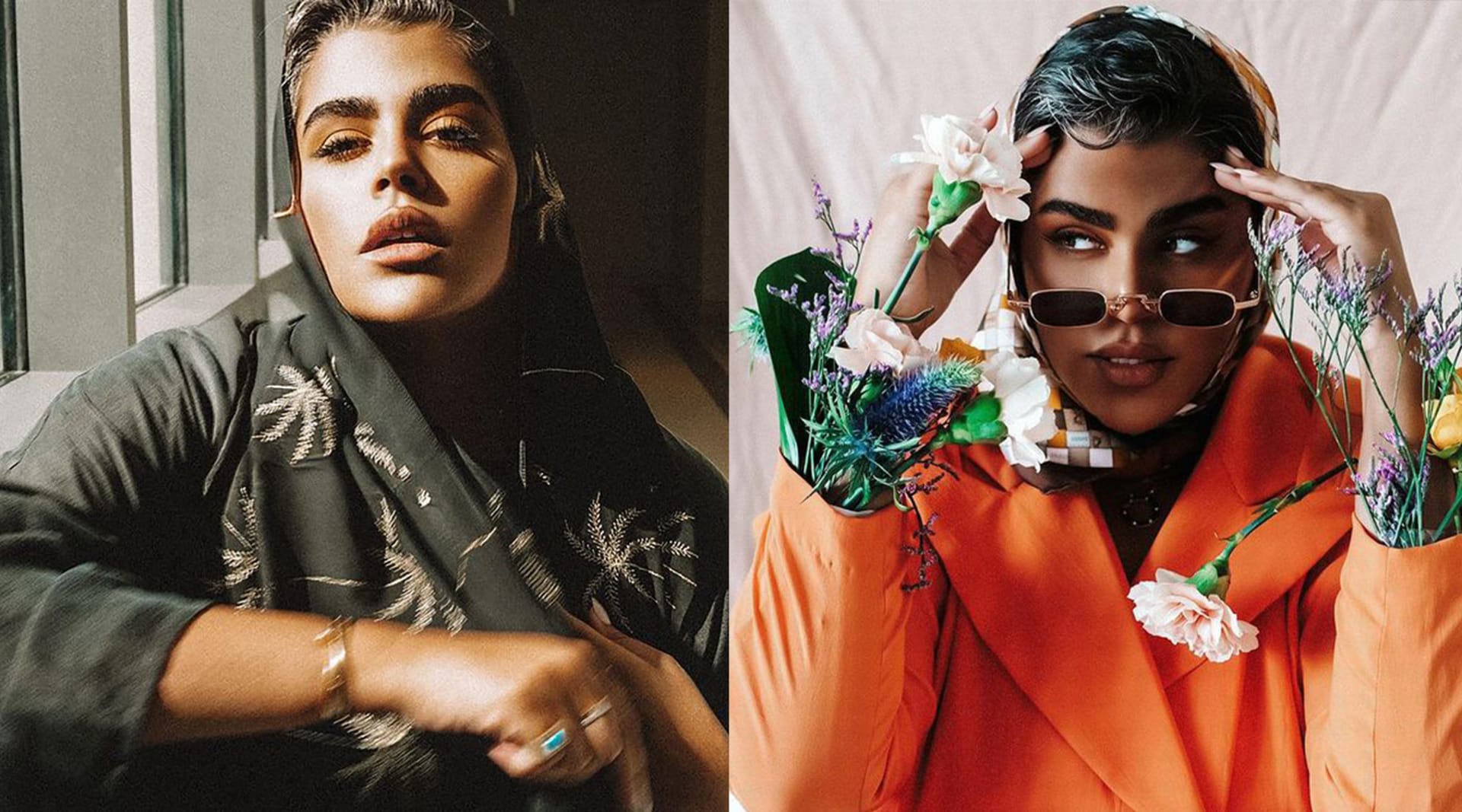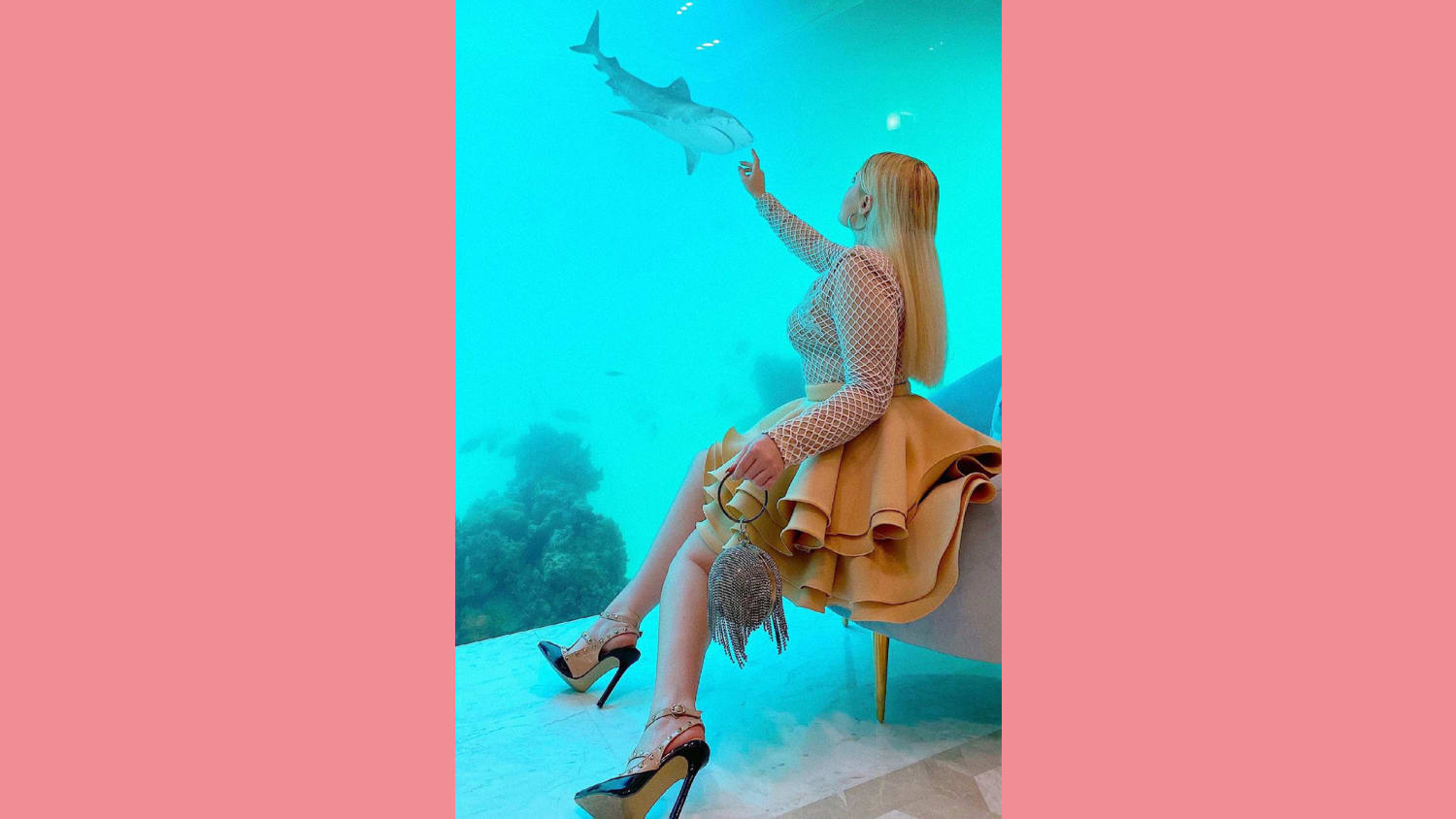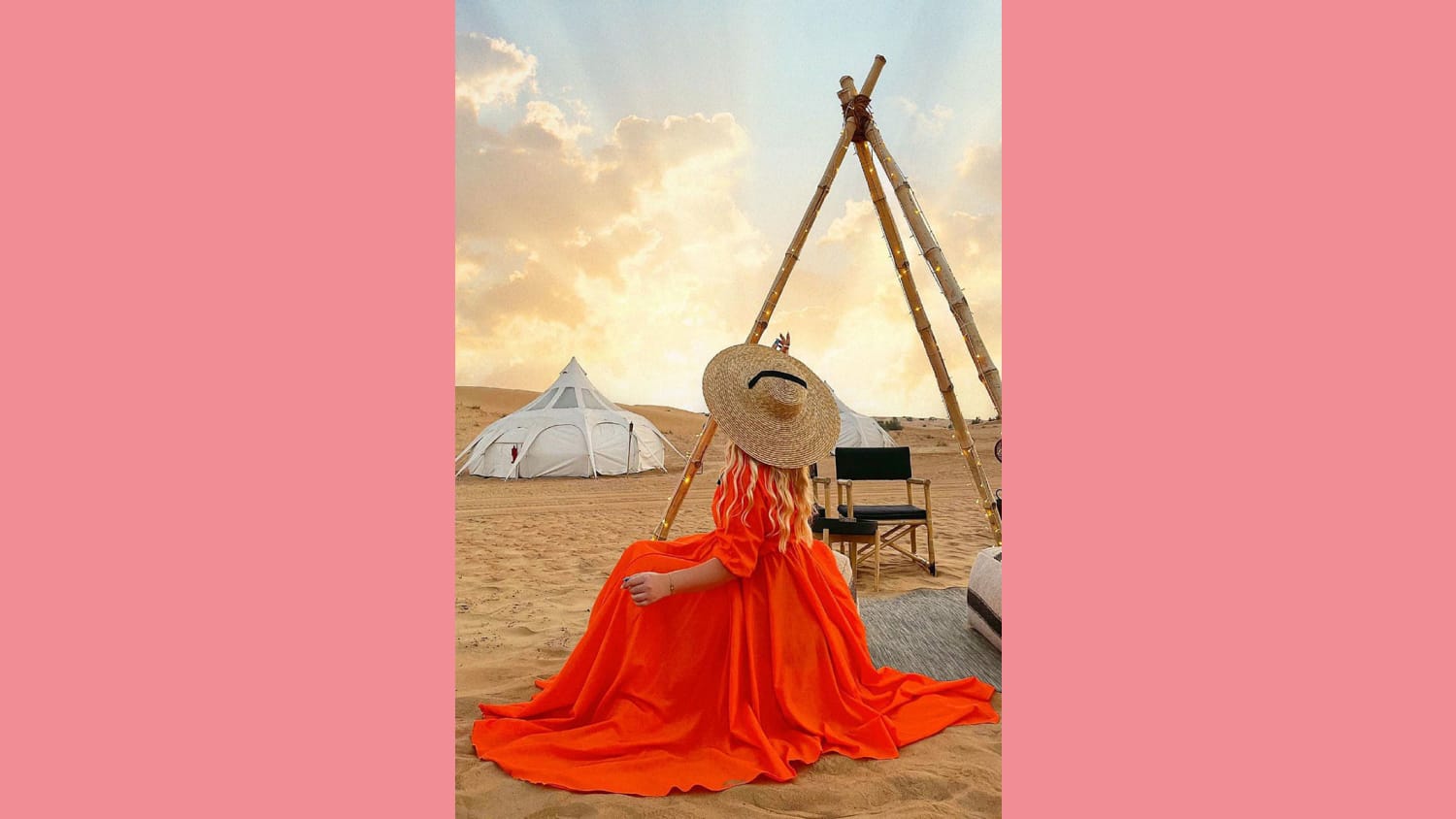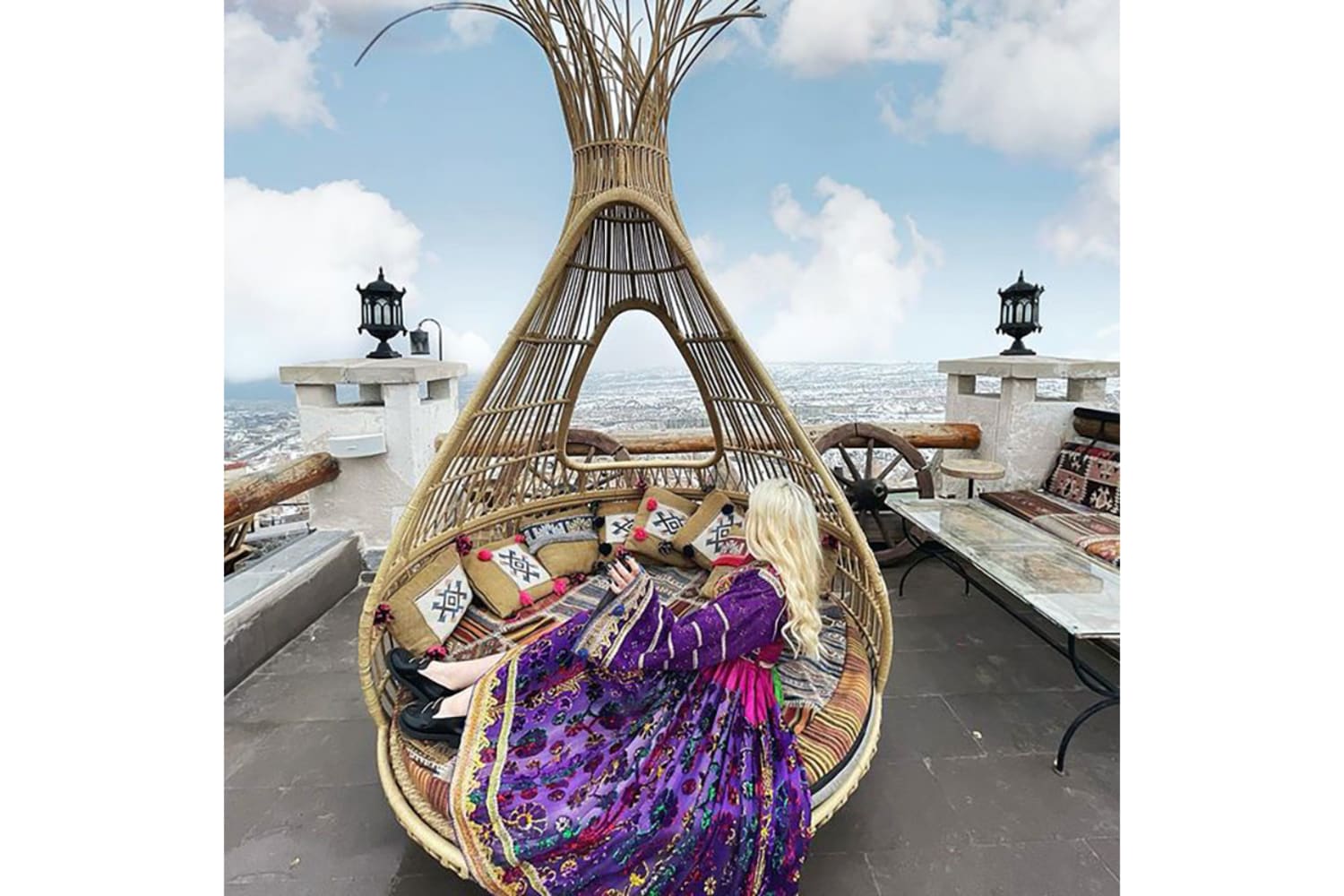On Snapchat, influencers like Taim Al Falasi from the United Arab Emirates can charge £3,000 for a photo. Snap published a press release on May 20th announcing the newest tools and monetization opportunities on the app, many of which cater to their diverse artistic creators. The update includes trending insights for influencers, access to a catalogue of music and audio for creators, and the ability to save, edit, and directly post projects. Snap claims that “90% of Snap Stars receive Story Replies from their fans,” and the creatives take advantage of those Story Replies “as a way to build stronger relationships and engage” with their audiences. These updates are sure to maintain creator interest and boost consumer excitement as the technology continues to grow.
Al Falasi is more than her 3.1 million Instagram followers and 823,000 Snapchat subscribers: she also owns a chain of seven restaurants, and sells medical procedures to her avid followers. She even worked on the 10 Million Meals campaign, which brought food to communities hit hard by the pandemic in the UAE. Her reach, not unlike that of other massive influencers in the region, ranges from simple pop culture to governmental initiative.
Taboo topics
Social media outlets provide a safe space for Middle Eastern communities to discuss generally polarized subjects. Activists are using Instagram, Clubhouse, and other social platforms to project their voices and take part in traditionally hushed conversations in an open space.
In Kuwait, activist @lan.asket has cultivated a feminist community through supportive and action-based content on Instagram. The account focuses on gender based violence, promoting feminist ideals and providing a method to report violence anonymously through a Google doc linked in their account bio. The account has more than 17,000 followers spanning beyond Kuwait and participates in artist collaborations engages with a diverse audience base of men and women.
Clubhouse has been downloaded 1.1 million times since January in the Middle East, accounting for 7% of global app downloads. For a while, users could engage in usually taboo conversations such as abortion, political leadership, sexual harassment, and mental health. As the app’s security tightens, users are maintaining their communities while avoiding repercussions.
While also used for casual group conversations, music appreciation sessions, and even prayer services, the app is showing immense potential as a channel for taboo discussions. Farid Modarressi, an Iranian journalist who hosts an election chat room, says that Iranians are participating in polarized conversations that they haven’t had in a while: “Clubhouse is making us hear the other side.”
Blue collar workers are using TikTok to highlight workplace issues in Gulf countries, and their videos are fostering a community of solidarity. Domestic laborers are taking to the platform to dramatize sarcastic, humorous grievances or vent about weighty workplace abuses, both of which resonate with followers and have garnered a massive following for several creators.








